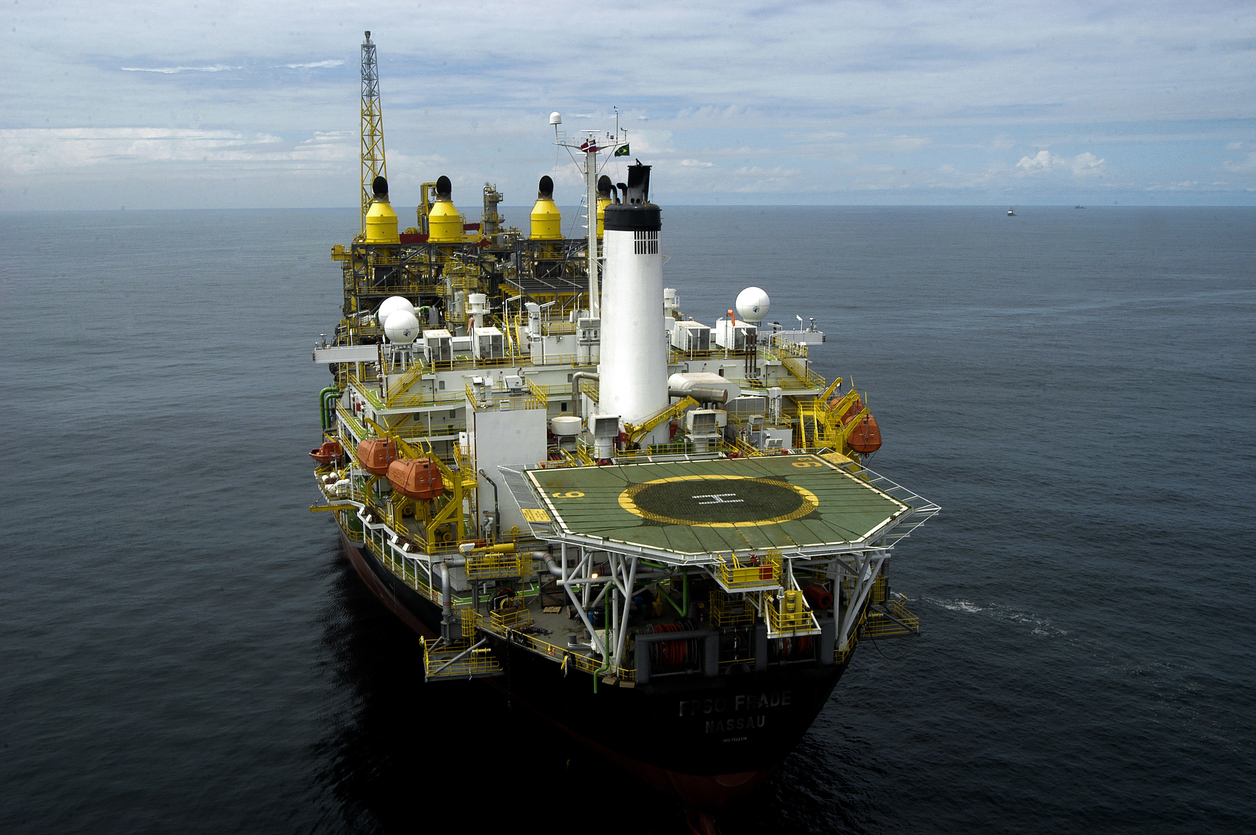


Navigating Brazil's sustainable investment landscape can be complex for investors, but the rewards are worth it. This article breaks down some of the top opportunities that deliver both environmental impact and strong financial returns.
Brazil is emerging as a prime destination for sustainable investments. The country’s vast natural resources and growing commitment to sustainability are opening up new possibilities, particularly in sectors like agribusiness, biogas generation, and research and development. Each of these areas presents unique prospects for investors looking to contribute to Brazil’s green transition while securing promising returns.
Broadly speaking, agribusiness includes the economic sectors of farming and farming-related commerce – including livestock farming. It involves all the steps involved in getting agricultural and livestock products to the consumer. Such as cattle breeding, slaughterhouse management, meat processing and distribution for livestock. Or soil preparation, seed sowing, pest control, harvesting, processing and distribution for agriculture.
Sustainable agribusiness focuses on the adoption of more regenerative agriculture practices. With an energy matrix that is already green, the transition to regenerative agriculture is essential for Brazil to achieve its greenhouse gas emissions targets by 2030.
The agribusiness sector accounts for 25% of Brazil’s GDP and has historically played a part in accelerating, rather than tackling, the climate crisis. In particular with the clearing of tropical forests to plant soybeans and other commodities, or to raise cattle.
In contrast, investment in sustainable agribusiness that uses regenerative practices serves multiple purposes:
· Assisting Brazilian agribusinesses already transitioning to net zero with new technologies and innovations.This is particularly beneficial for medium sized businesses that may not have access to affordable credit via other routes.
· Inspiring more agribusinesses to start their transition to net zero. This includes businesses that need to move away from conventional practices that are contributing to deforestation, such as soya, cattle, and palm oil farming.
· Providing opportunities for capital investment that offer a financial return while aligning with investor’s sustainability goals.
Demand for Brazilian agricultural products is increasing, but sector growth using current methods will have a high environmental impact. Brazilian agribusiness should be a consideration for any impact investors looking for opportunities in the region.
Projects must have:
· Performance targets e.g. climate mitigation.
· A robust transition plan.
· Interim milestones.
· Annual verification process.
· Governance structure with goal setting and monitoring.
· Information disclosure.[i]
· Agribusiness Letter of Credit (LCA): A security issued by a financial institution used to raised fund for agribusiness.
· Rural Product Notes (CPR): A bond issued against the anticipated future delivery of agricultural products.
· Agribusiness Receivables Certificate (CRA): A fixed income security backed by credit claims from agricultural sales.
· Investment Fund in Agro-industrial Production Chains (FIAGRO): A pool of funds from investors that subsidise interest rates for agriculture production.
“Investment in sustainable agribusiness is needed forBrazil to make progress towards Paris Agreement Climate Goals by 2030. This includesfunding viable alternatives to cattle farming and planting projects tore-establish forest cover.”
RobertoVianna do R. Barros, Partner Banking & Finance, Vieira Rezende

Biogas is a renewable energy source that can help reduce our reliance on fossil fuels. It is produced when organic materials, such as plant or animal waste, are broken down by bacteria in an oxygen free environment.
Brazil has great potential for biogas generation. According to the Brazilian Biogas Association, biogas could supply almost 40% of national electricity demand or replace 70% of Brazilian diesel consumption. Production is increasing year-on-year, with the 755 plants operating in 2021, an increase from 271 in 2017.[ii]
In Brazil, 10% of biogas is generated from agricultural activity and over 70% from the sanitation sector. This means there is significant potential for growth in the production of biogas from agriculture. Specifically from sugarcane by-products, a currently underutilised but promising and potentially large source of biogas.
In a country where the primary mode of transport is road, the potential to substitute diesel fuel with biogas is already attracting investment from interested parties. It’s still early days, but Brazil’s recent commitment to reduce transport sector emissions means investment in this area could hold even more potential.
Regarding gas for domestic use, demonstration pilot projects such as the Cocal plant in Narandiba are well underway to bring gas to three closely grouped cities with a combined population of 264,000. New gas pipelines, and innovations that enable the processing and storage of sugar cane by product outside harvest season, are overcoming some of the barriers to production and distribution.
Another growing area for investment in Brazil is research & development (R&D) projects that support sustainable development goals (SDGs). This might be R&D into areas such as biofuel or carbon capture, research into technology developments, or medical innovations such as vaccines.
Research shows that a low proportion of Brazilian scientific production currently addresses SDGs (2.5% to 5%).[iii] And the Brazilian government has introduced tax incentives for R&D projects that qualify as ‘priority projects’ with the Brazilian government, showing a commitment to attract overseas investment into the sector. These factors make R&D investments in Brazil a good opportunity, particularly for foreign investors who will benefit most from tax incentives.
As global demand for responsible investments continues to rise, Brazil’s agribusiness sector, renewable energy potential through biogas, and innovation in research and development all present options for those looking to make a meaningful impact. By investing in these sectors, international investors will not only contribute to the nation’s environmental progress but also take part in driving a more sustainable economic future.
[i] Climate Bonds Initiative, InvestmentOpportunities: Agri-food sector in Brazil, 2023.
[ii] CIBiogas, 2022.
[iii] Stival, Romero, Ramirez & Schot. The contribution of the Brazilian research system to the Sustainable Development Goals.
.jpg)


Want to stay updated with all of our
latest news and information? Enter
your email below and we’ll add you
to our mailing list.
.webp)